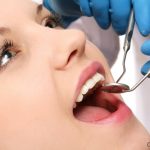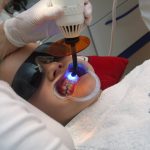When to Vape After Wisdom Teeth Removal: A Comprehensive Guide

Wisdom teeth removal is a common surgical procedure that many people undergo at some point in their lives. While the surgery itself is relatively straightforward, the recovery process can be quite challenging and requires a lot of patience and care. One of the most common questions that patients have after wisdom teeth removal is when they can resume their normal activities, such as smoking or vaping. In this comprehensive guide, we will explore when it is safe to vape after wisdom teeth removal, as well as provide tips on how to manage pain and swelling during the recovery process. Vaping has become a popular alternative to smoking in recent years, with many people turning to e-cigarettes as a way to quit smoking or reduce their nicotine intake. However, after wisdom teeth removal, patients must be careful when it comes to vaping, as the suction created by the device can cause dry sockets, which can be extremely painful. In this guide, we will discuss the risks associated with vaping after wisdom teeth removal and provide advice on how to minimize these risks to ensure a smooth and successful recovery. Whether you are a seasoned vaper or new to the world of e-cigarettes, this guide will provide you with everything you need to know about vaping after wisdom teeth removal.
Wisdom teeth removal is a common dental procedure that involves the extraction of one or more third molars located at the back of the mouth. These teeth typically emerge in the late teenage years or early adulthood and can cause a range of problems, including pain, infection, and damage to adjacent teeth. The procedure is typically performed under local anesthesia and involves cutting through the gum tissue and removing any bone blocking the tooth. Once the tooth is extracted, the socket is cleaned and sutured to promote healing. Recovery time can vary but typically involves a few days of rest and avoiding certain foods and activities. Pain and swelling can be managed with over-the-counter pain medication and ice packs.
It is crucial to follow the postsurgery instructions after any surgical procedure, including wisdom teeth removal. These instructions are designed to promote healing and prevent complications. Failure to follow these instructions can lead to infections, increased pain, and delayed healing. One of the most important instructions after wisdom teeth removal is to avoid smoking or vaping for at least 72 hours. The suction created by smoking or vaping can dislodge the blood clot that forms in the socket, leading to a painful condition called dry socket. Following all postsurgery instructions can ensure a smooth recovery process and reduce the risk of complications.
What is Vaping?
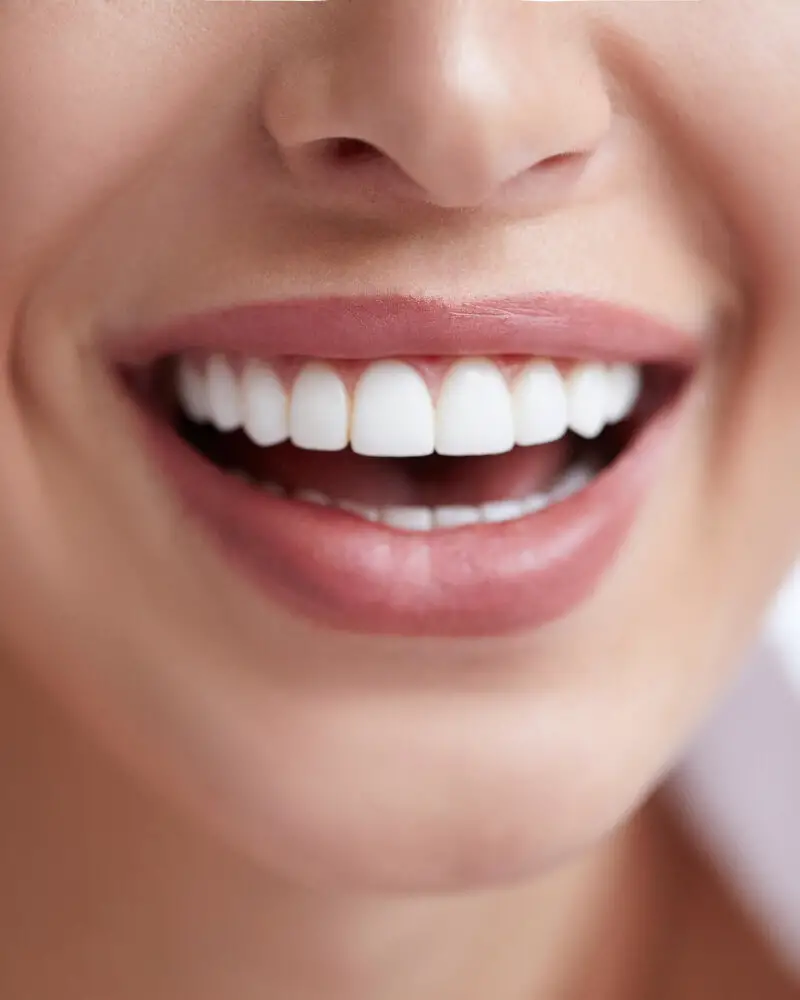
Vaping is the act of inhaling and exhaling vapor produced by an electronic cigarette or similar device. The process involves heating a liquid, which may contain nicotine, flavorings, and other chemicals, to create a vapor that is inhaled into the lungs. Vaping has become increasingly popular as an alternative to smoking, as it is often perceived as being less harmful to health. However, the safety of vaping is still being debated, and there are concerns about the potential risks associated with long-term use. In recent years, vaping has been the subject of much controversy and debate. While some people see it as a safer alternative to smoking, others worry about the potential health risks associated with inhaling vaporized chemicals. Some studies have suggested that vaping may be less harmful than smoking, but there is still much that researchers do not know about the long-term effects of vaping. As such, it is important to approach vaping with caution and to be aware of the potential risks involved. If you are considering vaping after wisdom teeth removal, it is important to talk to your dentist or oral surgeon to determine whether it is safe for you to do so.
Vaping is a method of inhaling and exhaling vapor produced by an electronic cigarette or a similar device. It involves heating a liquid, commonly referred to as e-juice, which contains various flavors, nicotine, and other chemicals. The liquid is converted into a vapor that the user inhales, simulating the experience of smoking without burning tobacco. Vaping has become a popular alternative to smoking traditional cigarettes and is often marketed as a safer option. However, the long-term effects of vaping are not yet fully understood, and there is ongoing debate about its potential health risks.
There are several types of vaping devices available in the market, each with its unique features and benefits. The most common ones are cigalikes, vape pens, and box mods. Cigalikes are small, cigarette-shaped devices that are easy to use and cost-effective. Vape pens are slightly larger and come with refillable tanks that can hold more e-liquid. They are ideal for those who want a more customizable vaping experience. Box mods are the largest and most powerful vaping devices, designed for cloud chasers and advanced users. They come with adjustable settings that allow users to control the temperature and wattage of their vape. Whichever type of vaping device you choose, it’s essential to follow your dentist’s instructions on when it’s safe to vape after wisdom teeth removal.
Risks of Vaping After Wisdom Teeth Removal
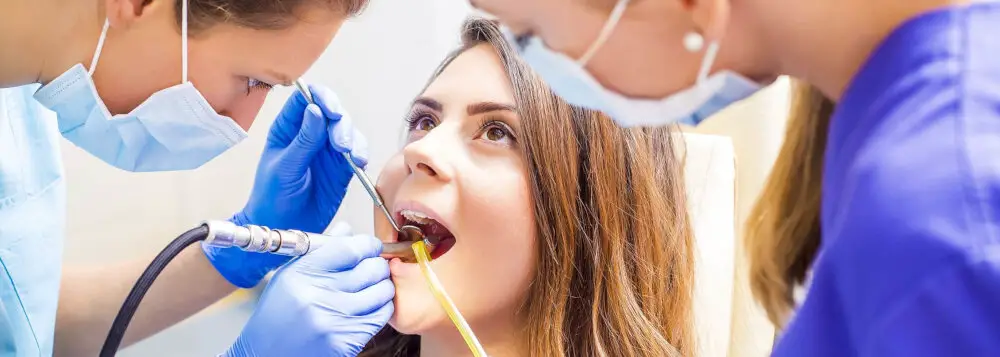
Vaping has become a popular alternative to smoking for many people, but it can pose some risks for those who have recently had their wisdom teeth removed. One of the biggest risks is the potential for dry socket, a painful condition that can occur when the blood clot in the socket where the tooth was removed becomes dislodged or dissolves. This can happen when suction is created in the mouth, which is common when vaping. The negative pressure created while inhaling can pull the blood clot out of the socket, leaving the bone exposed and causing severe pain. To avoid this complication, it is best to avoid vaping for at least 72 hours after wisdom teeth removal. In addition to the risk of dry socket, vaping after wisdom teeth removal can also delay the healing process. The chemicals in e-liquids can irritate the tender tissue in and around the extraction site, causing inflammation and slowing down the healing process. This can also increase the risk of infection, as the mouth is more vulnerable to bacterial growth during the healing process. To ensure a speedy and smooth recovery, it is recommended to refrain from vaping or smoking for at least a few days after wisdom teeth removal. It is important to follow your dentist’s instructions carefully and avoid any activities that may interfere with the healing process.
Dry socket is a common complication that can occur after wisdom teeth removal. It happens when the blood clot that forms in the socket where the tooth was removed dislodges or dissolves prematurely, leaving the bone and nerves exposed. This condition can be very painful and can delay the healing process. Although the risk of dry socket decreases with proper post-operative care, smoking or vaping after wisdom teeth removal can significantly increase the risk of developing dry socket. Nicotine and other chemicals found in tobacco and vape products can interfere with blood clotting and hinder the healing process, making it easier for the blood clot to dislodge. Therefore, it is best to avoid vaping or smoking for at least 72 hours after wisdom teeth removal to minimize the risk of dry socket and ensure a smooth recovery.
Infection risk is a serious concern after wisdom teeth removal, especially for those who vape. Vaping involves inhaling vapor from an electronic device, and this can introduce harmful bacteria into the mouth. After surgery, the mouth is vulnerable to infection, and vaping can increase the risk of complications. It is crucial to avoid vaping for at least 72 hours after surgery to allow the blood clot to form and protect the area from bacteria. Additionally, maintaining good oral hygiene, staying hydrated, and following the dentist’s instructions can help reduce the risk of infection and promote healing.
Healing time delay is a crucial factor to consider when planning to vape after wisdom teeth removal. It is important to note that everyone heals differently and at different rates. Delaying the use of a vape pen after wisdom teeth extraction is essential to prevent complications such as dry socket, infection, and bleeding. These complications can significantly prolong the healing process, leading to discomfort and pain. It’s advisable to wait for at least 72 hours before vaping after wisdom teeth extraction. During this period, it’s recommended to avoid anything that could disrupt the healing process and irritate the surgical site. While vaping can be an enjoyable pastime, it’s essential to prioritize your health and allow enough time for healing before resuming vaping.
When Can You Vape After Wisdom Teeth Removal?
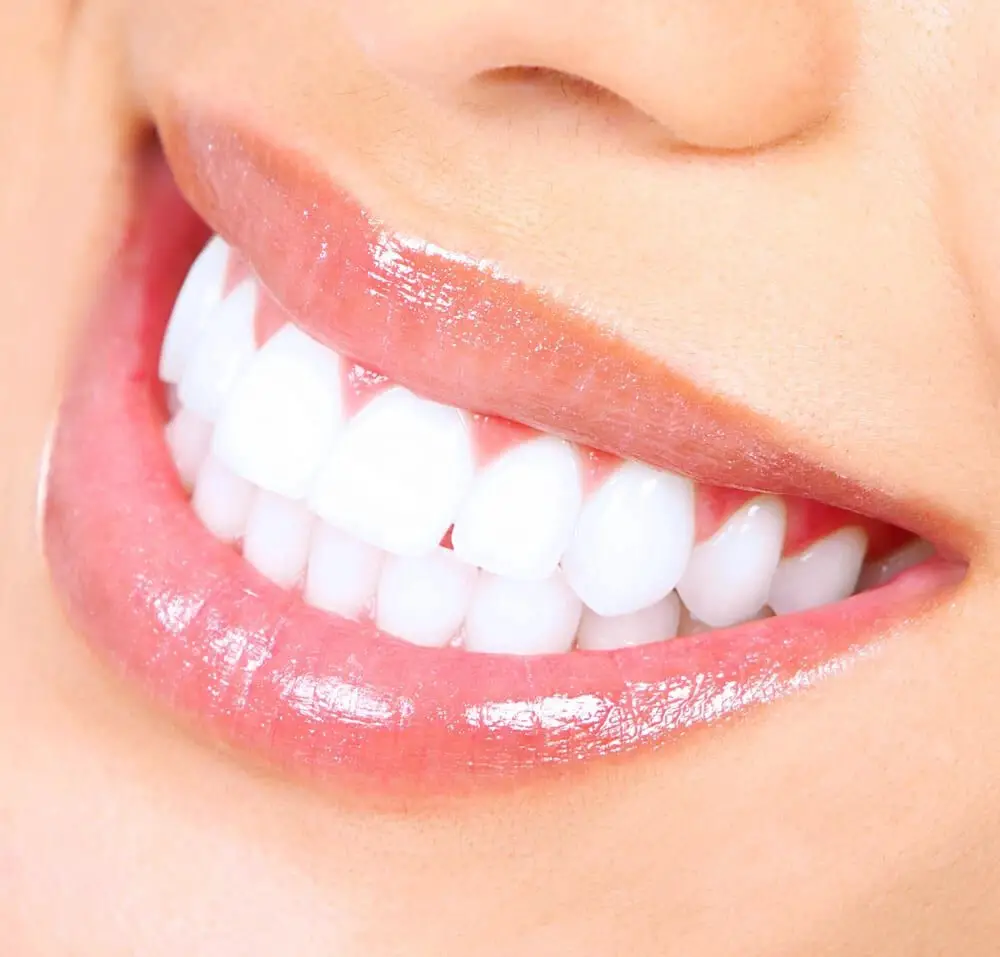
Wisdom teeth removal is a common oral surgery that many people undergo to alleviate pain and discomfort caused by impacted or infected teeth. After the surgery, patients are usually advised to avoid any activities that may interfere with the healing process, including smoking. While vaping may seem like a safer alternative to smoking, it can still pose a significant risk to the healing process if done too soon. Generally, it is recommended to wait at least 72 hours after wisdom teeth removal before vaping. This is because the suction created during vaping can dislodge the blood clot that forms in the extraction site, leading to a painful condition called dry socket. Dry socket can delay the healing process and cause severe pain and discomfort. It is also important to avoid any flavored e-liquids or nicotine during this time, as they can cause irritation and delay the healing process even further. Patients should consult with their oral surgeon or dentist to determine the best time to resume vaping after the surgery.
The immediate post-surgery period after wisdom teeth removal is crucial for the success of the procedure. During this period, patients should follow their dentist’s instructions strictly to ensure a speedy recovery and minimize the risk of complications. The first 24 hours are critical, and patients should avoid smoking or vaping as the suction created can dislodge the blood clot and impede healing. Instead, they should rest, apply ice packs to reduce swelling, and take prescribed pain medications as directed. Patients should also avoid strenuous physical activity, hot liquids, and solid foods until advised otherwise by their dentist. With proper care during the immediate post-surgery period, patients can ensure a quicker recovery and avoid any further complications.
The first few days after surgery can be a challenging time for patients who have undergone wisdom teeth removal. It is essential to follow the postoperative instructions provided by the dentist to minimize discomfort and promote healing. During this period, patients may experience pain, swelling, and bleeding, which can be managed with pain medication and ice packs. It is crucial to avoid smoking or vaping during this time, as the suction created can dislodge the blood clot and delay the healing process. Instead, patients should stick to a soft diet, maintain good oral hygiene, and rest as much as possible to aid in recovery.
One week post-surgery is an important milestone for patients who have undergone wisdom teeth removal. During this time, most patients are still experiencing some level of discomfort, swelling, and bleeding in the affected areas. However, the worst of the pain and swelling should have subsided, allowing patients to start transitioning back to their normal routines. It is crucial for patients to continue to follow their dentist’s post-operative instructions during this week, which may include taking pain medication, eating soft foods, and avoiding strenuous activities. Additionally, patients should refrain from smoking or vaping during this time, as the suction created by these activities can dislodge the blood clot that forms in the extraction site, leading to a painful condition known as dry socket. Overall, one week post-surgery is a crucial time for patients to continue to take care of themselves and their healing process.
Two weeks post-surgery is a critical period for anyone who has undergone wisdom teeth removal. While some individuals may experience significant relief from pain and swelling at this stage, others may still be experiencing discomfort and other symptoms. It is important to note that every case is unique, and there is no one-size-fits-all recovery timeline. During this time, it is crucial to follow your dentist’s instructions and avoid smoking or vaping, as the chemicals in these products can delay the healing process and increase the risk of complications. Instead, focus on nourishing your body with healthy foods and staying hydrated to aid in the recovery process.
Full recovery time after wisdom teeth removal can vary from person to person depending on various factors such as age, overall health, and the complexity of the procedure. It is essential to follow the post-operative instructions given by the dentist to ensure a speedy recovery. Generally, the initial healing period lasts for two weeks, during which patients may experience pain, swelling, and bleeding. After this period, the gum tissue starts to regenerate, and the bone begins to fill in the socket. It can take up to six months for the bone to completely fill in the socket. During the healing process, it is crucial to avoid smoking and vaping as it can delay the healing process and increase the risk of complications. It is best to wait for at least a week or until the dentist gives the green light to start vaping again.
Alternatives to Vaping After Wisdom Teeth Removal
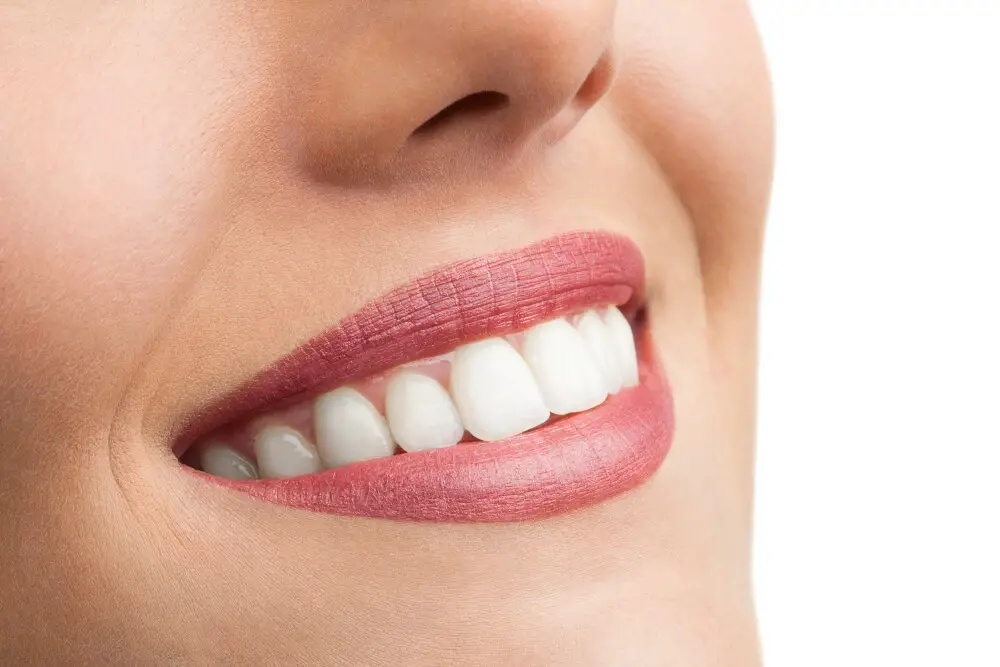
After wisdom teeth removal, it is important to take care of your oral health and avoid anything that could impede the healing process. One of the main things to avoid is vaping, as the suction required to inhale the vapor can dislodge the blood clot and cause dry socket. However, there are alternatives to vaping that can help you cope with the discomfort and promote healing. One of these is using a humidifier to add moisture to the air, which can help soothe dry and irritated tissues in the mouth. You can also try using a warm compress on the outside of your cheek to reduce swelling and pain. Another alternative to vaping after wisdom teeth removal is using over-the-counter pain relievers, such as ibuprofen or acetaminophen. These medications can help reduce pain and inflammation, and should be taken as directed by your dentist or oral surgeon. If you are experiencing severe pain or discomfort, your dentist may prescribe a stronger pain medication to help manage your symptoms. Additionally, sticking to soft foods and avoiding hard or crunchy foods can also help reduce discomfort and promote healing. Some good options include soup, yogurt, mashed potatoes, and smoothies. With these alternatives to vaping, you can manage your pain and discomfort after wisdom teeth removal while promoting a speedy recovery.
Edibles are a popular alternative to smoking or vaping cannabis, particularly for those who are recovering from a wisdom teeth removal. Edibles are food products that have been infused with cannabis, typically in the form of THC or CBD oil. These products come in an array of forms such as gummies, chocolates, baked goods and more. Edibles are a discreet way to consume cannabis and provide a longer-lasting and more intense high than smoking or vaping. However, it is important to note that edibles can take longer to take effect and the dosing can be tricky, so it is important to start with a low dose and wait for the effects to kick in before consuming more.
Tinctures are a popular alternative to smoking or vaping cannabis, especially for those who have recently had dental surgery. They are made by steeping cannabis in alcohol or another solvent to extract the active compounds, and can be consumed orally by placing a few drops under the tongue or adding them to food or drink. Tinctures are a discreet and convenient way to medicate, and they offer precise dosing control. They also provide a longer-lasting effect compared to smoking or vaping, making them a great option for those who want sustained relief from pain or anxiety after wisdom teeth removal. However, it’s important to note that tinctures can take longer to take effect, so patients should allow enough time for the medicine to kick in before deciding to take more.
Topicals are topical medications or creams that are applied directly to the skin to relieve pain or inflammation. They are a great alternative for those who want to avoid taking medication orally or those who have difficulty swallowing pills. Topicals usually contain a combination of ingredients such as lidocaine, menthol, or capsaicin, which work together to provide pain relief. They are commonly used for muscle and joint pain, arthritis, and even for sore gums after wisdom teeth removal. Topicals are easy to apply and are absorbed quickly into the skin, making them a popular choice for those looking for fast and effective pain relief.
After wisdom teeth extraction, patients are often advised to avoid smoking or vaping for at least 72 hours to prevent painful dry socket. Vaping, like smoking, can increase the risk of dry socket and delay the healing process due to the suction required during inhalation. Furthermore, vaping liquids containing nicotine and other chemicals can also increase inflammation and impair the immune system, making it harder for the body to heal. Therefore, it is recommended to wait at least 72 hours before vaping and to choose a nicotine-free e-liquid to reduce the risk of complications. Additionally, proper oral hygiene and following the dentist’s post-operative instructions can help minimize the risks associated with vaping after wisdom teeth removal.
Before you consider vaping after wisdom teeth removal, it is essential to consult with a dentist or oral surgeon. Vaping involves inhaling chemicals that can irritate the sensitive tissues in your mouth, including the extraction site. Your dentist or oral surgeon can evaluate your healing progress and determine if vaping is safe for you. They may also provide you with specific guidelines to follow to minimize the risk of complications. Ignoring their advice and vaping prematurely can lead to dry socket, infection, delayed healing, and other complications that can prolong your recovery time. Therefore, it is crucial to prioritize your oral health and seek professional guidance before vaping after wisdom teeth removal.
Conclusion
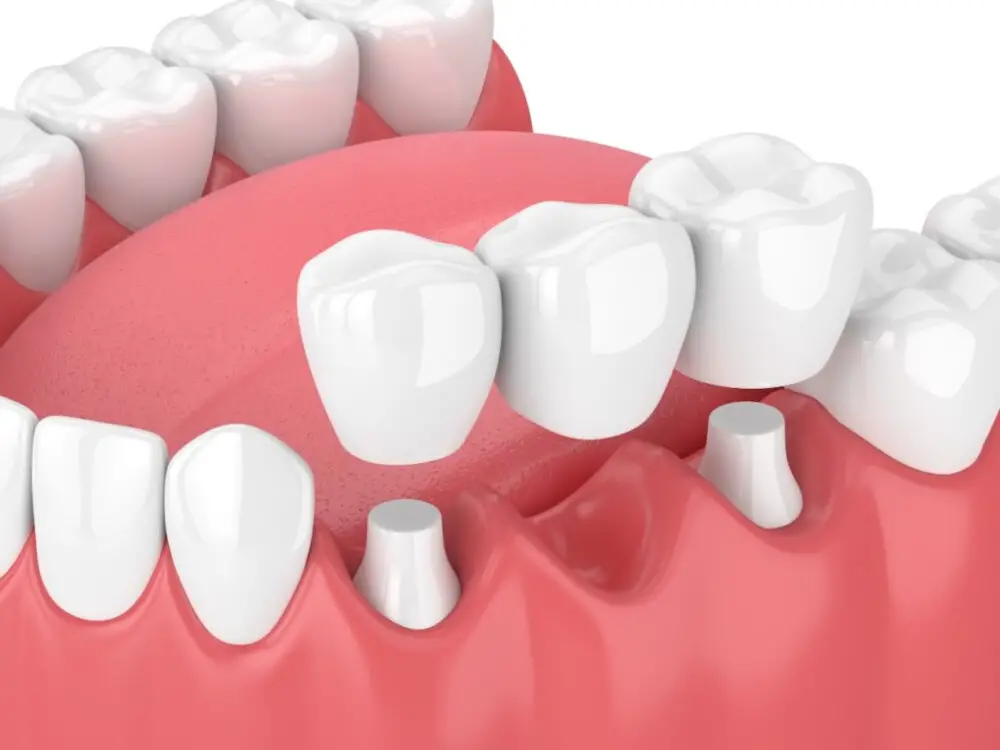
In conclusion, the decision to vape after wisdom teeth removal requires careful consideration of several factors, including the type of surgery, the extent of the extraction, and the individual’s overall health and recovery progress. While vaping may seem like a safer alternative to smoking, it can still pose risks to the healing process and should not be taken lightly. It is always best to consult with a dentist or oral surgeon before making any decisions regarding vaping or smoking after wisdom teeth removal. With proper care and patience, patients can ensure a smooth and successful recovery and enjoy their favorite activities, including vaping, in due time.



